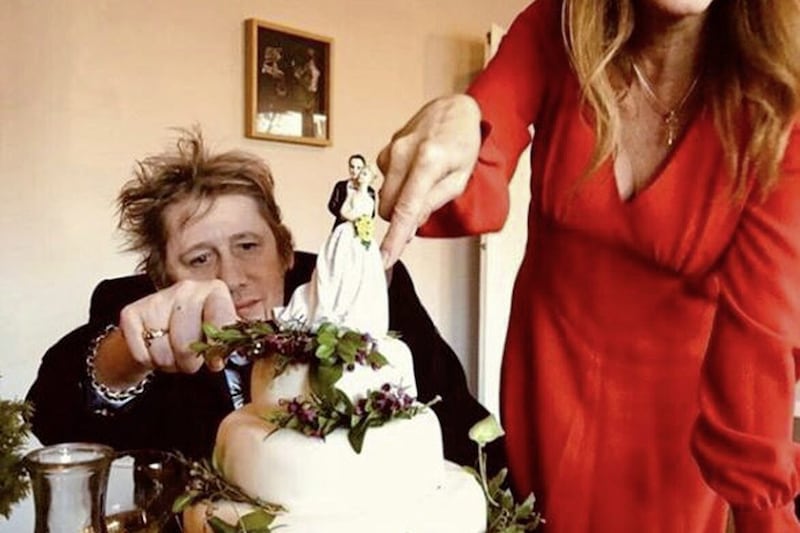Arthur Frigg and the Railway of Death Radio Ulster
Eight hundred men went in, just 100 came out. The Burma railway - the railway of death - was infamous.
The 75th anniversary of VJ day – when Japan surrendered in World War II -seemed an appropriate one to turn back to this Radio Ulster documentary about a man who knew cruelty first hand.
Arthur Frigg was one of the survivors of the Japanese prisoner of war camps. He died aged 97 in 2016.
He was one of the lucky ones and he knew it and Conor McKay’s documentary was rich with the sense of a life that was a gift .. gravy, pure gravy... after he survived the war.
Arthur was in Singapore when the Japanese took control in 1942.
He and his fellow soldiers were marched 25 miles to a prisoner of war camp where there were 1,000 men - 800 of them died.
Arthur was not his real name. He was Angelo Friggi but that was not an ideal name at the time, what with the war, so he changed it to Arthur Frigg.
He talked about Singapore and how 18,000 men were crammed into a set of barracks buildings, each designed for just 200 men. He said senior officers were forced to watch as their men who had tried to escape were executed before their eyes.
And then came the Burma railway - mud, starvation, cholera.
A guard spiked him in the thigh with a bayonet for larking about.
Someone put a tourniquet on it and that probably saved the leg. They got him back to camp that evening and he remembered that there was a little stream that gleamed silver at night nearby.
If he could just get under that water and wash the wound then that might save him, he thought ... he did and it did.
But most of all he was a man who did not harbour hate or resentment.
Looking back on the war, what happened was “not good”, he said... a master of the understatement.
All those years later, he still had nightmares.
But when the war was over, he got a job at a telephone exchange and walking in, he sat beside one Sally Maguire from Knockmoyle because she was the prettiest girl there.
They fell in love, they married, they moved back to Omagh.
What he was saying was life after the war was gravy ... no point in hating and no point in holding on to what happened.
This was a sad story with a happy ending – a lesson in living.








